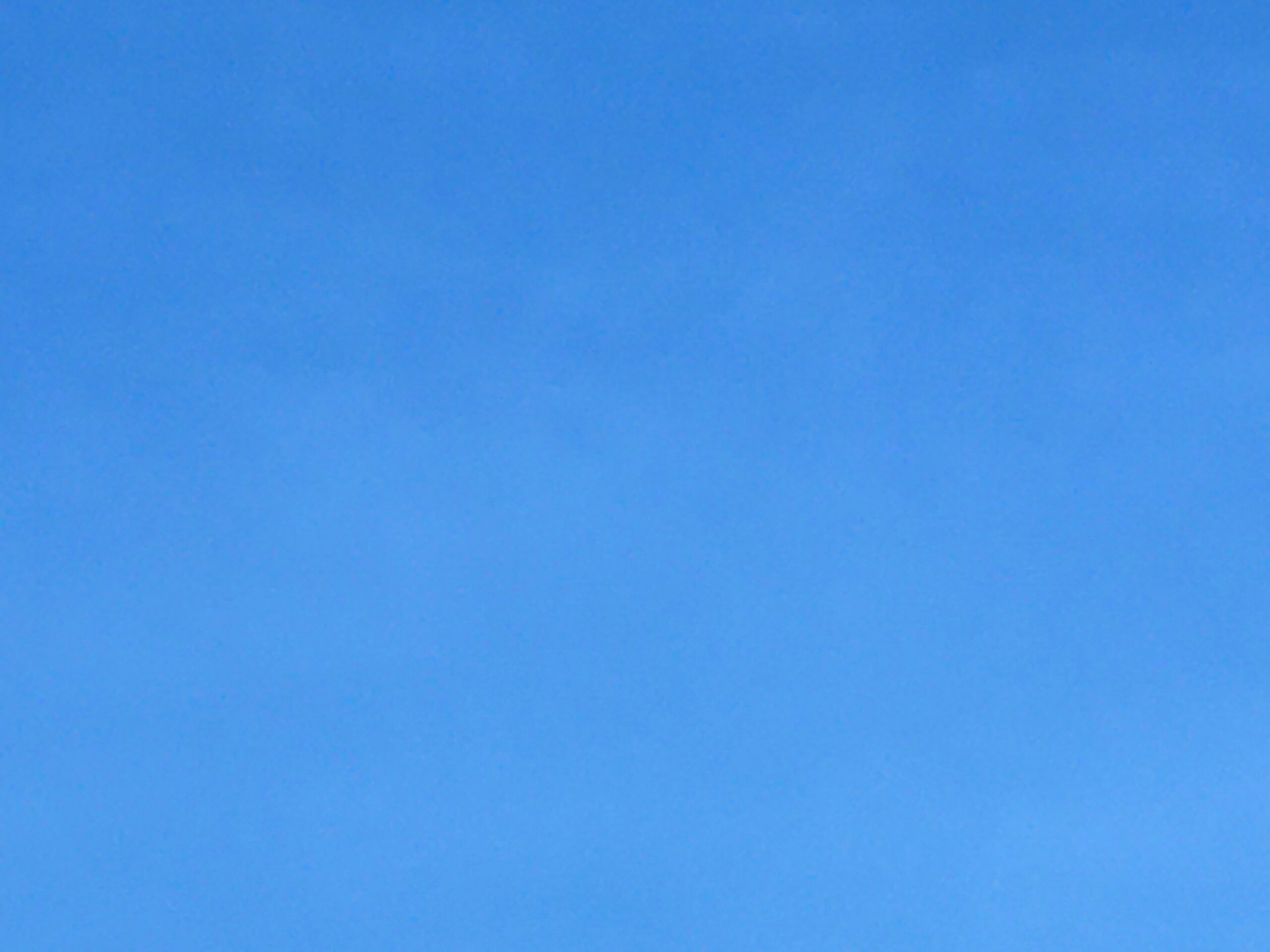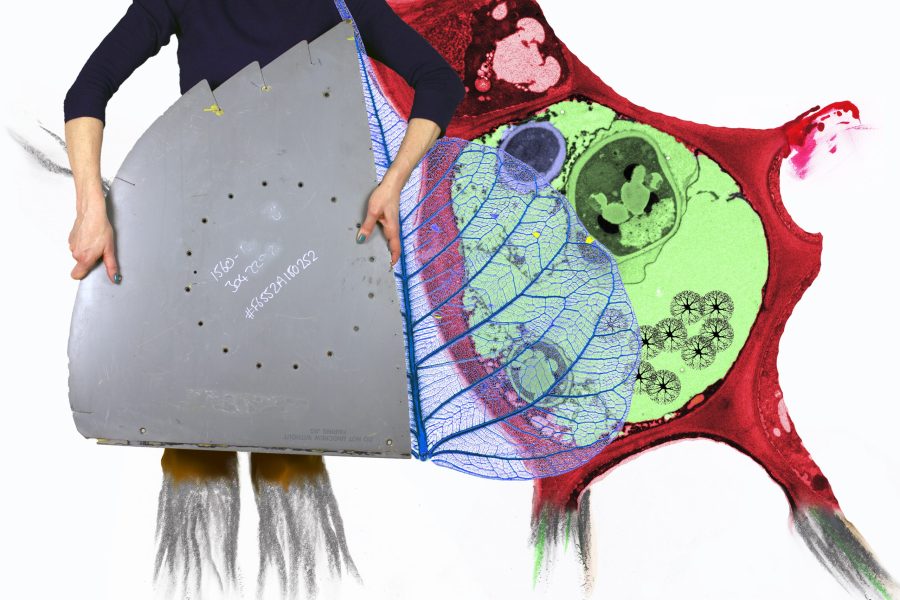Universal Covid Blue
I started 2020 with a hope that this would be the year for clarity: 20/20, the year of perfect vision. A bittersweet joke of course, particularly after the last four years of myopic decision-making from our political leaders at home and abroad, but I held onto that hope. With the COP26 climate change conference to be hosted by the UK in Glasgow on the horizon, perhaps Boris Johnson would be smart enough to see that, by genuinely pushing Britain to the forefront of a global green revolution, he might, just might, bring a population distressed by Brexit behind a unifying agenda and help make a country that most people could feel part of, if not yet proud of.
Meanwhile, my father was dying. As the viral wave approached in February, I was able to spend the last two weeks with my parents, helping my mother nurse him, keeping him at home, keeping him company and comfortable. It was a very moving and centring time. I lost my father but found my mother, and I learned from them both something more about how to be in this world.
Back home lockdown loomed. I didn’t have much energy for it, but while others were hoarding toilet paper and pasta I stockpiled second-hand paperbacks. I made a joke about this to Barry Sinton at Barton Books in Penzance and he laughed, which I liked. In the face of Covid-19 though, the novels proved disappointing – other people’s stories, fictions about nothing, so I put them down.
However one of the paperbacks was pure poetry: Stephen Hawking’s A Brief History of Time, that often purchased, rarely read book. My approach to the inevitable incomprehension has been simply to let the words wash over me. It was comforting, as I began a process of quiet grieving and shielding from an invisible threat, to be reminded that on one level we are composed of and surrounded by particles that cannot be seen.
Lockdown.
The strong nuclear force has a curious property called confinement: it always binds particles together into combinations that have no colour. [These] are known as mesons, which are unstable because the quark and the antiquark can annihilate each other, producing electrons and other particles.
Dad.
[…] gravitational collapse is not as final and irreversible as we once thought. If an astronaut falls into a black hole, its mass will increase, but eventually the energy equivalent of that mass will be returned to the universe in the form of radiation.
Reading the book has woken something up in me. Maybe it’s connectedness, maybe disassociation, a sense of scale and proportion and wonderment.
The other thing I did before lockdown was to download some CAD software. I’m doing some architectural drawings for a planning application for my studio building and I normally draw in pencil on a drawing board, but I thought it would be good to learn something new and see if I liked it.
I do like it, it’s an amazing tool. What stunned me was the fact that in the computer-aided design space you draw life-size, full scale. Ok, it’s digital space but a millimetre is a millimetre and a hundred miles is a hundred miles, and it seems to be endless. Sometimes my fingers would fumble on the touchpad, I’d be shot outwards into deep space and my building-sized drawings would completely disappear. First a dot, then nothing. It took a while to figure out how to reset the coordinates and come back to earth. Happily, there’s a button to do this.
Then, with a few clicks, you can send a digital vector line out in one direction to infinity. I’ve tried following that line by zooming out, and zooming out again, to see what the computer did with it, watching the scale figures become meaningless…
The limitlessness of space is mind blowing. We are so small. Looking up at our Covid Blue skies I believe that this is the true colour of our existence, and of our ability to perceive, to imagine and to love.
I worry about the return to business as usual.
– Hadrian Pigott, June 2020
Hadrian Pigott trained and worked as a geologist in the mid-1980s, then became a computer analyst/programmer to pay his way through three years at the Royal College of Art, where he studied ceramics, then sculpture, graduating in 1993. His early work considered the excesses, toxicity and waste of consumer culture. In parallel to this he was exploring real and imaginary means of escape, which ultimately led to his moving from London to Penzance in 2005. In the years that followed he played a pivotal role in successful community protest and constructive opposition to planning proposals that placed commercial infrastructure improvements above local community values and needs. In 2012 he was a co-convener of and participating artist in The Penzance Convention. He has devoted much time to buildings in Penzance, making places to live and work. In 2014 he was diagnosed with Hodgkin’s Lymphoma and entered a period of intensive treatment, recorded in his blog. His sailing boat was an important part of his recovery. Recognising this, he now spends a good deal of time upon that unknowable element, the sea.


